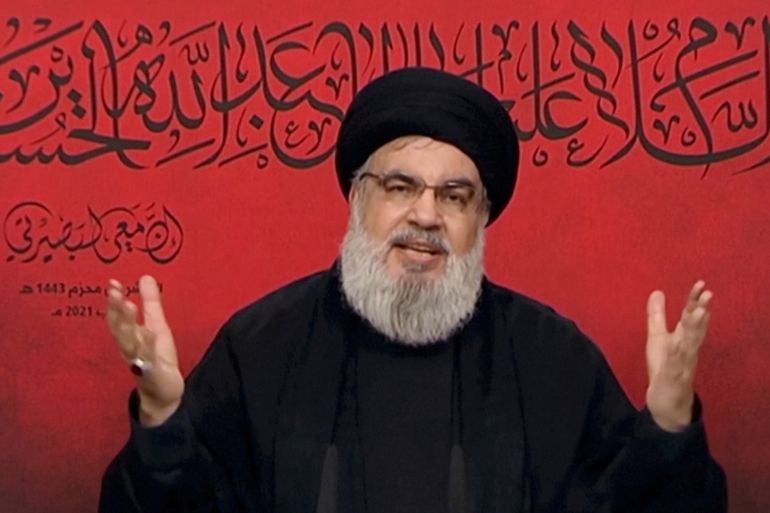
Hezbollah leader Hassan Nasrallah has been confirmed dead following an Israeli airstrike on the Lebanese capital of Beirut, according to an official statement from the Israeli military. The announcement comes amid ongoing tensions between Israel and Hezbollah, further escalating the conflict in the region.
Israeli military spokesman Lieutenant Colonel Nadav Shoshani made the official statement via X, formerly known as Twitter, announcing, “Hassan Nasrallah is dead.” This was followed by another confirmation from Captain David Avraham, who informed news agency AFP that the Hezbollah chief had been “eliminated” in a targeted strike on southern Beirut late Friday evening.
The Israel Defense Forces (IDF) further reinforced the news, stating, “Hassan Nasrallah will no longer be able to terrorize the world,” signaling a significant moment in the ongoing hostilities between Israel and Hezbollah. However, Hezbollah, an Iran-backed militant group, has not yet released a statement regarding Nasrallah’s death or his whereabouts.
Communication Lost with Nasrallah
While Israel claims responsibility for Nasrallah’s death, sources close to Hezbollah have indicated that contact with their leader has been lost since Friday night. A senior Hezbollah official, speaking anonymously to AFP, confirmed that the group had been unable to establish communication with Nasrallah after Israel declared he had been “eliminated.” However, they stopped short of confirming his death, leaving the situation in uncertainty.
The airstrike targeting Nasrallah was part of a broader offensive by the Israeli military against Hezbollah strongholds in southern Beirut. The attacks continued into early Saturday after residents were warned to evacuate key buildings targeted by Israeli fighter jets. The escalation is part of a larger conflict that has intensified since Monday, with Hezbollah retaliating against Israeli strikes by launching rockets into northern Israel.
Escalation in Lebanon
The airstrike marks a significant moment in the broader Israel-Hezbollah conflict, which has seen growing casualties and displacement in Lebanon. More than 720 people have been killed since hostilities surged earlier in the week, according to Lebanon’s health ministry. The ongoing conflict has also displaced over 211,000 people, primarily from southern Lebanon, the United Nations Office for Coordination of Humanitarian Affairs reported.
The conflict has had a devastating impact on Lebanon’s infrastructure, with at least 20 primary healthcare centers shutting down in heavily affected areas, adding to the already mounting humanitarian crisis. The United Nations has called for an immediate ceasefire, but Israeli Prime Minister Benjamin Netanyahu has made it clear that Israel will continue its military campaign against Hezbollah.
Netanyahu, who had been attending the United Nations General Assembly in New York, returned to Israel on Friday, cutting short his trip due to the escalating conflict. Addressing the United Nations before his departure, he warned that Israel’s military actions against Hezbollah would persist, dimming any hopes for an internationally brokered ceasefire.
A Growing Regional Conflict
The Israel-Hezbollah conflict has drawn international attention due to its potential for broader regional destabilization. Hezbollah’s involvement in the ongoing Israel-Hamas war, which began earlier this month, has led to increased fears that Lebanon may become the next focal point of the war.
Top Israeli officials have threatened to extend the devastating tactics used in Gaza to Lebanon if Hezbollah continues its attacks. This raises concerns that Lebanon could face similar destruction and humanitarian suffering seen in Gaza since the conflict began on October 7.
As tensions remain high, the death of Hezbollah leader Hassan Nasrallah, if confirmed, could further inflame the situation, setting the stage for continued military escalations and deepening the humanitarian crisis in the region.
